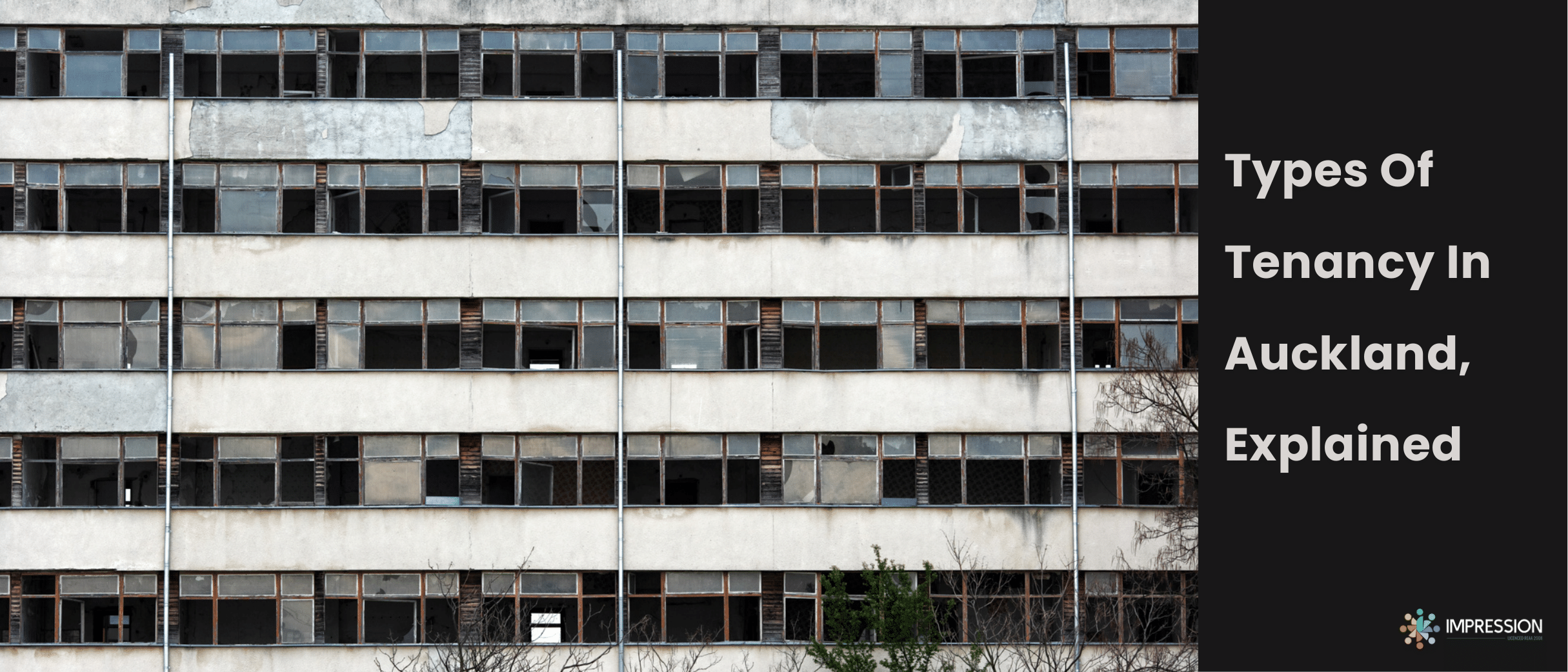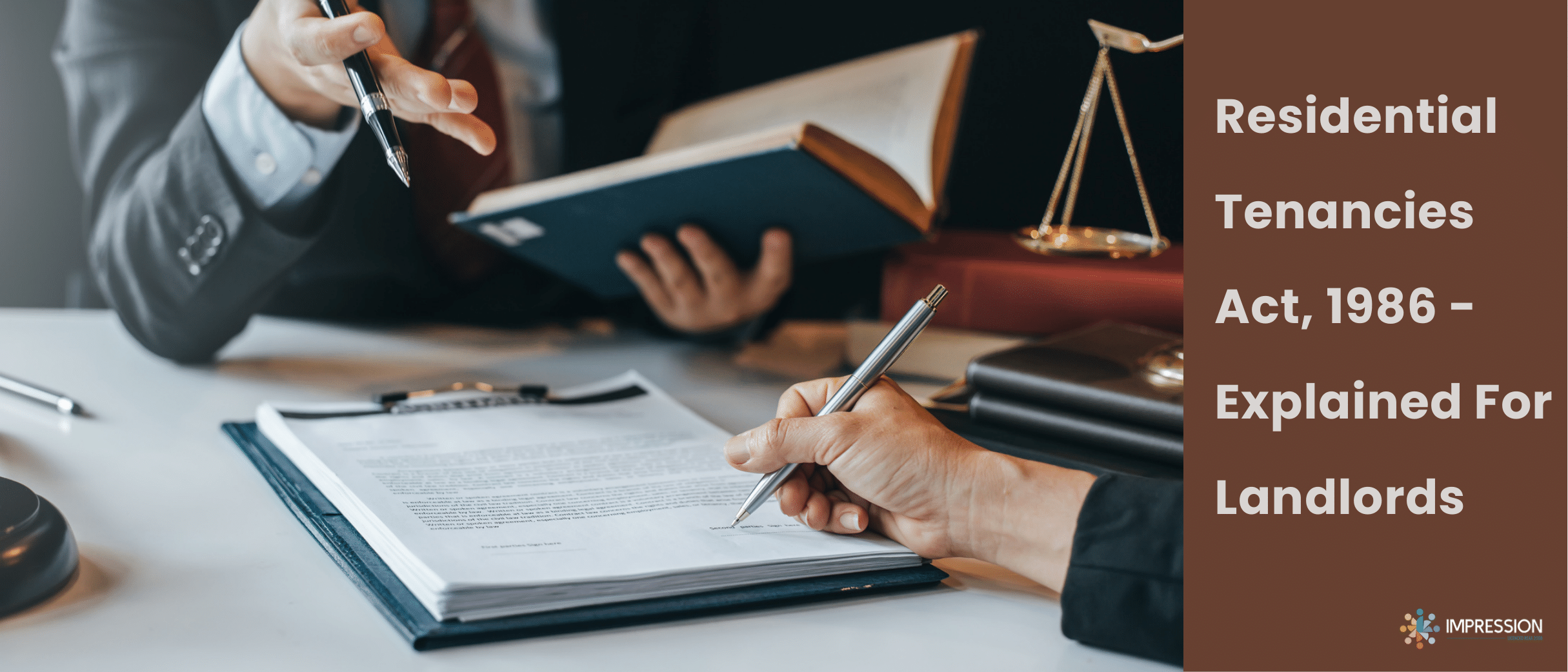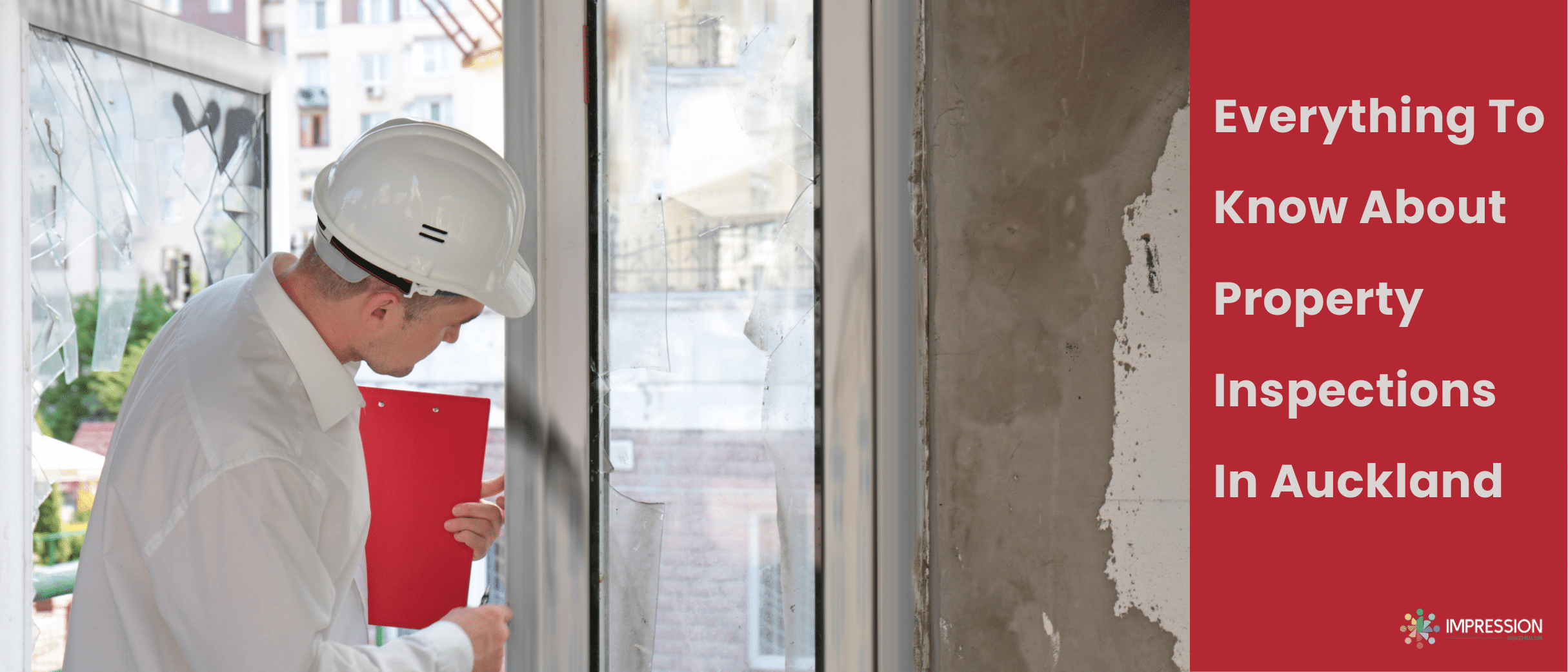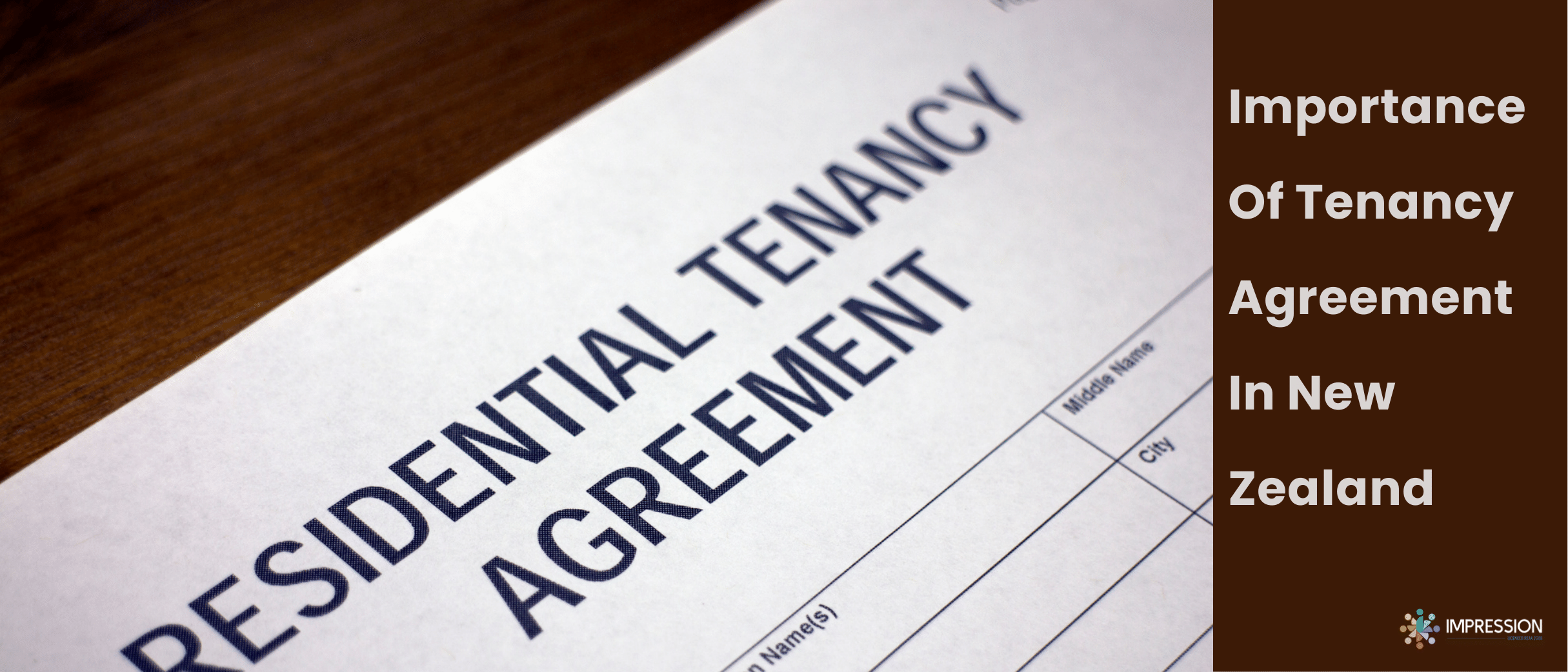As a seasoned property manager in the New Zealand real estate market, I cannot stress enough the importance of landlords insurance for safeguarding rental property investments.
In a country where the demand for investment properties remains high, and the rental landscape is constantly evolving, having the right insurance coverage can make all the difference in protecting your assets and ensuring a stress-free rental experience.
Core Components of Landlord Insurance
Landlords insurance, also known as rental property insurance, is a specialized policy that provides comprehensive coverage for investment properties. Let’s take a closer look at the key components of this essential coverage:
1. Buildings Insurance
This component covers the physical structure of the rental property, including the walls, roof, floors, and any permanent fixtures. It ensures that the building itself is protected in the event of damages caused by natural disasters, fires, or other unexpected incidents.
2. Contents Insurance
While your tenants are responsible for insuring their personal belongings, landlords insurance can provide coverage for the furnishings, appliances, and other items you’ve provided as part of the rental. This protects your investment in the property’s contents.
3. Property Owner’s Liability
Landlords insurance offers liability protection, shielding you from legal claims related to injuries or damage sustained by tenants or third parties on your rental property. This coverage can help cover medical expenses, legal fees, and any settlements or judgments.
4. Loss of Rent
If your rental property becomes uninhabitable due to a covered peril, such as a natural disaster or fire, this coverage can compensate you for the lost rental income while the property is being repaired or rebuilt. This ensures you can continue to meet your financial obligations during the disruption.
5. Accidental Damage
Landlords insurance typically includes coverage for unexpected mishaps, such as tenant-related damages or accidental spills, that may occur within the rental property. This helps mitigate the financial impact of such incidents.
6. Home Emergency Cover
Some landlords insurance policies provide additional coverage for emergency repairs, such as burst pipes or electrical failures. This can help you address urgent issues quickly and efficiently, minimizing the inconvenience for your tenants.
7. Rent Guarantee
In the event that your tenants fail to pay rent, this coverage can provide a safety net, ensuring you receive the income you’re owed and reducing the financial strain on your rental business.
Why Landlord Insurance Matters
1. Financial Protection
Landlords insurance safeguards your rental property investment and the associated income stream. By shielding you from the financial burden of unexpected events, such as natural disasters, tenant-related damages, or legal liabilities, this coverage provides the peace of mind to focus on growing your rental portfolio.
2. Risk Mitigation
Renting out property comes with inherent risks, from tenant-related issues to property damage. Landlords insurance helps you manage these risks effectively, minimizing the potential for costly setbacks and ensuring your rental business operates smoothly.
3. Peace of Mind
With the right insurance coverage in place, you can have confidence in the protection of your investment. This allows you to concentrate on the more rewarding aspects of being a property owner, such as building your rental business and providing quality living experiences for your tenants.
Real-Life Scenarios
To illustrate the importance of landlords insurance, let’s consider a few real-life examples:
- A severe storm caused significant roof damage to one of the rental properties in your portfolio. With the buildings insurance component of your landlords policy, you were able to swiftly repair the roof and restore the property to a liveable condition, minimizing the disruption to your tenants and ensuring your rental income remained uninterrupted.
- A tenant accidentally caused a kitchen fire, resulting in extensive smoke and water damage throughout the rental unit. Your landlords insurance, including the contents coverage, covered the costs of replacing the damaged appliances, furniture, and other belongings, allowing you to quickly return the property to its original state.
- A tenant sustained a serious injury after tripping on a loose floorboard in the rental property. Your landlords insurance’s property owner’s liability coverage protected you from the financial burden of the resulting legal claims and medical expenses, preserving the viability of your rental business.
Tenant Considerations
It’s important to note that landlords insurance does not cover the personal belongings of your tenants. Renters are responsible for securing their own insurance, known as tenants or renters insurance, to protect their possessions.
While you can’t require your tenants to purchase renters insurance, it’s a good practice to encourage them to do so, as it can provide an additional layer of protection for both you and your tenants.
Tips for Choosing the Right Landlord Insurance Policy
When selecting a landlords insurance policy in New Zealand, consider the following tips:
1. Research Insurers and Compare Policies
Explore the offerings of multiple insurance providers, comparing coverage limits, deductibles, exclusions, and premiums to find the best fit for your rental property.
2. Consider the Specific Needs of Your Rental Property
Assess the unique characteristics and potential risks associated with your investment, such as the property’s age, location, and tenant profile, to ensure the policy provides the necessary coverage.
3. Evaluate the Insurer’s Reputation and Financial Stability
Choose a reputable insurance provider with a proven track record of reliability and financial strength, giving you the confidence that your coverage will be there when you need it.
4. Review the Policy Terms and Conditions Carefully
Thoroughly understand the policy’s inclusions, exclusions, and limitations to avoid any unexpected gaps in your coverage.
5. Explore Supplementary Coverages
Consider adding optional endorsements, such as rent guarantee or landlord legal protection, to enhance the breadth of your insurance plan and provide even greater peace of mind.
By carefully considering these factors, you can find a landlords insurance policy that aligns with the unique needs of your rental property and investment goals, ensuring your assets are comprehensively protected in the dynamic New Zealand real estate market.
Landlords Insurance: Conclusion
As an experienced property manager, I’ve witnessed firsthand the pivotal role that landlords insurance plays in safeguarding rental property investments in New Zealand.
This specialized coverage is not just a legal requirement; it’s a strategic investment that can make all the difference in shielding your assets, securing your rental income, and providing the peace of mind to focus on the rewarding aspects of being a property owner.








